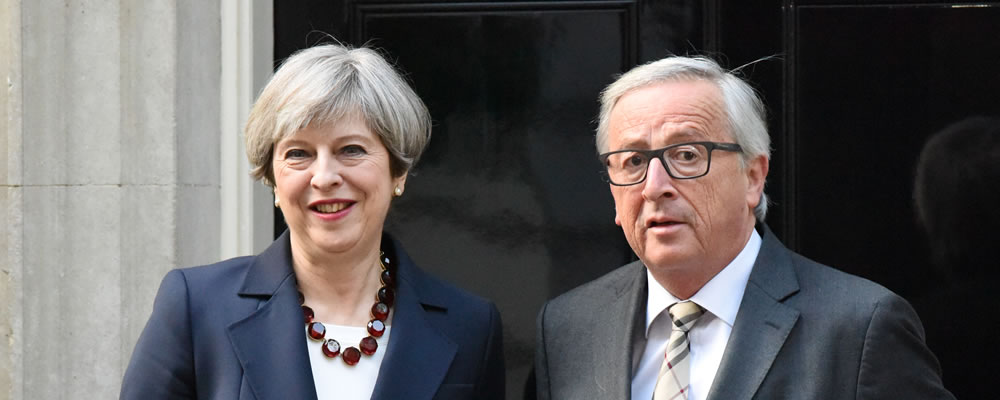Euro to Pound Exchange Rate on Track for Second Week of Losses despite UK Uncertainties
Despite concerns about the Bank of England’s (BoE) cautious outlook and uncertainties about how the Brexit process is unfolding, the Euro to Pound (EUR/GBP) exchange rate is on track to see its second consecutive week of losses.
EUR/GBP slipped from 0.8848 to 0.8821 last week and so far this week has tumbled by almost a cent. On Thursday morning, EUR/GBP touched on a low of 0.8717 – its worst level since April.
Given the lack of notable Eurozone data due for publication before the end of the week, it’s unlikely that the Euro (EUR) will see a boost in demand or mount a recovery versus the Pound (GBP) by Friday.
While EUR/GBP trended slightly above its worst levels at the time of writing, the pair remained weak due to broad weakness in the Euro, caused by news that Eurozone inflation had slowed in April.
Euro (EUR) Exchange Rates Pressured by Inflation and Political Concerns
Eurozone data published over the last week has left investors expecting that Eurozone inflation is still too subdued to support tighter monetary policy from the European Central Bank (ECB) any time soon.
ECB officials have remained optimistic about the Eurozone’s growth outlook, but have played down the chances of monetary policy being tightened in the next year amid the bloc’s slower than expected inflation.
On Wednesday, data was published confirming that Eurozone inflation slowed from 1% to 0.3% month-on-month in April as expected. The yearly figure slipped from 1.3% to 1.2% as projected, and the core inflation figure fell from 1% to the predicted 0.7%.
As well as cautiousness over inflation, the Euro has been under pressure due to renewed political uncertainty in Italy.
Two Italian populist parties, the 5-Star Movement and the League Party, appeared to be closer to reaching a coalition deal.
A report emerged on Wednesday that the parties may ask the European Central Bank to write off 250b Euros of debt, which caused some uncertainty in markets and left the Euro unappealing.
Pound (GBP) Exchange Rates Supported by Customs Union Hopes
While Brexit uncertainties kept the Pound from holding its best levels against the Euro on Thursday, a report suggesting that Britain could remain in an EU customs union following Brexit made Sterling more appealing.
The UK government dismissed the report, which caused Sterling to slip from its best levels. Still, speculation over the possibility of Britain remaining in an EU customs union kept Sterling buoyed.
Sterling has also been able to gain against a weaker Euro thanks to a solid UK jobs report earlier in the week.
The job market stats confirmed that UK wages were edging above inflation, and a larger number of new jobs were made than forecast too.
Euro to Pound (EUR/GBP) Forecast: Central Bank Speculation Remains Key
High ranking European Central Bank (ECB) and Bank of England (BoE) officials will be holding speeches before the end of the week.
Amid a lack of major Eurozone or UK datasets due for publication before next week, comments from central bank officials are most likely to drive the Euro to Pound (EUR/GBP) exchange rate’s movement instead.
If ECB Vice President Vitor Constancio continues to play down the chances of tighter monetary policy from the bank in his speeches, the Euro is unlikely to see stronger demand before the end of the week.
However, the Euro could see slightly stronger demand on Friday if the Eurozone’s March trade surplus report is surprisingly optimistic.
Bank of England policymaker Andy Haldane will hold a speech too. The Pound could strengthen if he is surprisingly optimistic about Britain’s economy, but Sterling investors may be more focused on Brexit developments regardless.
For example, any news suggesting that the UK could indeed remain in an EU customs union or form a new one post-Brexit is likely to push the Euro to Pound (EUR/GBP) exchange rate even lower.



